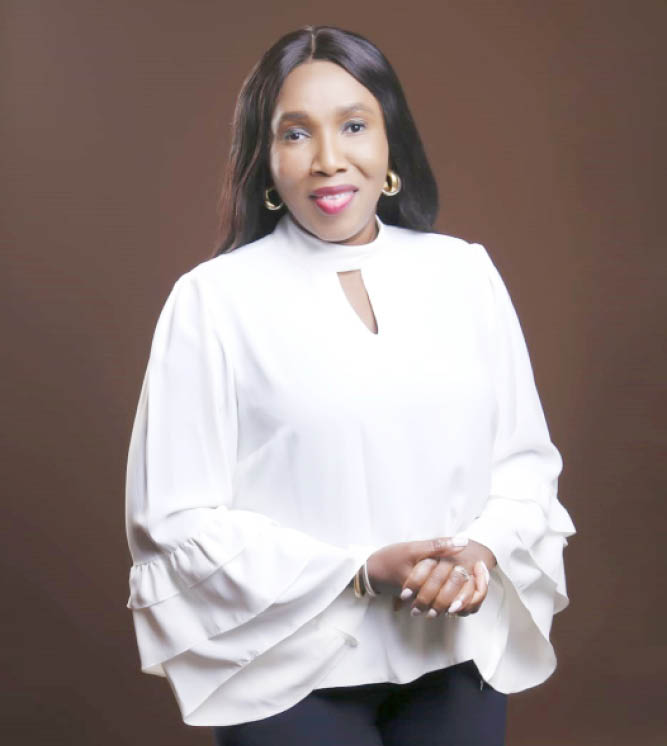‘Challenges female professionals face in built industry’
The chairperson of the Nigerian Institute of Architects (NIA), Abuja chapter, Yemi Sola-Adebiyi, an architect, has said women professionals in the built environment face a lot of challenges, among them stereotype. Sola-Adebiyi, who spoke with Daily Trust, said she interned and still works at Interstate Architects Ltd, an Abuja based British architectural firm that built […]

Arc YemiSola Adebiyi
The chairperson of the Nigerian Institute of Architects (NIA), Abuja chapter, Yemi Sola-Adebiyi, an architect, has said women professionals in the built environment face a lot of challenges, among them stereotype.
Sola-Adebiyi, who spoke with Daily Trust, said she interned and still works at Interstate Architects Ltd, an Abuja based British architectural firm that built the Central Bank of Nigeria (CBN); garnering valuable experience which has helped her overcome some of the challenges.
She said the architect profession is very vibrant and noble profession and that brings about a lot challenges practicing it as a woman.
She said, “Practising architecture is not like you sit down in the office 8am-5pm, we’re now in the computer age. In practise we go as a team, in our boots, jeans and helmet. Moving between floors, doing individual checks. And most of the Personal Protection Equipment (PPE) are designed for men so getting your size could be difficult. Even the rest rooms, a man can do it anywhere but a woman needs a proper place.
“When I got married, and got pregnant, I thought I was the same but I was arrested in hospital. My blood pressure shot up, pregnancy induced hypertension, and my baby was prematurely delivered; very traumatic experience.
“My employers, I thought they should understand, and you have to resume work after 12 weeks, but for employers it business and work must continue. They try to be nice but the burden is there, and it has not changed. You take children to school, take care of the husband and to balance work time, its strenuous as a woman.”
She advised that consideration should be given to working mothers.
Sola-Adebiyi added that it is not easy for women in the construction sector to manage the monthly menstruation, themselves, their families and their work.
“For a woman in the architecture, engineering and construction industry it is even more challenging because you’re doing twice as much. Right from school the men dominate the class. In fact, I ran home. I said I don’t know whether I wanted to continue with the course, but they sent me back.
“Girls are very few; in a class you may have one or two girls, so you are in the minority. And in assignments you need more energy, boys naturally have it so you are competing and when you come out of school the story is not different.
“In architecture class we sleep in the studio, we go with our pens, tracing paper, drawing boards and T-Square, that was before AutoCAD came, computer-aided design, And we were always in trousers because we’re among boys.
“Coming to the field it is the same. Nobody will favour you because you’re a woman. In the construction industry less than 15% are women as professionals, and only 2% of them are working on construction sites. This figure needs to change, we need to do better,” she said.
She further said the problem emanates from the society and the women themselves, with the perception that certain jobs are meant for men while some are for women because they are weak.
“It could also be cultural, in some parts of the country women are not supposed to be exposed,” she added.
Sola-Adebiyi, however, said women professionals have to deal with these challenges, while urging that they should be appreciated more and encouraged, but not pampered.
